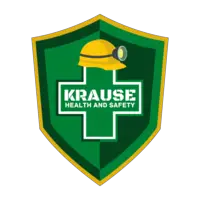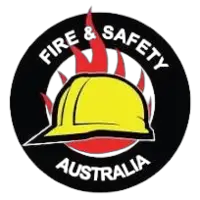
This role has a high level of AI exposure. While some human skills are required, many tasks could be automated or replaced by new technology.
Explore all careersA Facilities Manager oversees large facilities, ensuring safety, compliance, operations, and services while managing promotions, events, and admin tasks.
Get qualified to work as a Facilities Manager with a course recognised across Australia. Speak to a training provider to learn more.











In Australia, a full time Facilities Manager generally earns $2,413 per week ($125,476 annual salary) before tax. This is a median figure for full-time employees and should be considered a guide only. As you gain more experience you can expect a potentially higher salary than people who are new to the industry.
 Courses.com.au Team
Courses.com.au Team
In Australia, there are 17,000 people working as a Facilities Manager and this number has increased recently. Five years ago there were 15,200 people in this profession. Facilities Managers work in all areas of Australia where there are large private or community facilities.
Source: Australian Government Labour Market Insights
 Courses.com.au Team
Courses.com.au Team
A Diploma of Property Services (Asset and Facility Management) is a great course to look into if you want a career as a Facilities Manager. This course generally takes two years and addresses topics such as business administration, project management and contract law.
 Courses.com.au Team
Courses.com.au Team
Browse occupations related to Facilities Manager



If you are looking to advance your career in facilities management, the Facilities Manager courses in Launceston offer a comprehensive pathway to professional development. With 14 courses available in the Launceston area, aspiring Facilities Managers can gain essential skills and knowledge tailored to the demands of the industry. Training providers such as Link Resources provide specialised courses like 'Operate as Part of an Emergency Control Organisation,' ensuring that participants are well-equipped to handle real-world challenges. The courses are designed not just to inform, but to transform, helping students stand out in the competitive job market.
The role of a Facilities Manager links closely with various fields of study, including Real Estate and Property Management. By exploring these related categories, students can better understand the broader context of facilities management and enhance their qualifications. Those who excel in this course may also find opportunities in related job roles such as Property Manager, Real Estate Agent, or Strata Manager, among others. Each of these roles plays a vital part in managing properties and ensuring operational excellence within various sectors of real estate.
Studying Facilities Manager courses in Launceston not only builds essential competencies but also opens doors to various career paths, including Real Estate Agency Manager and Facilities Coordinator. Furthermore, individuals interested in niches like Property Stylist or Property Analyst can benefit significantly from the knowledge acquired in these courses. Launceston, with its growing real estate market, provides a dynamic environment for students to thrive and make impactful contributions to the facilities management landscape. Make the most of the opportunities available by choosing the right courses and training today.